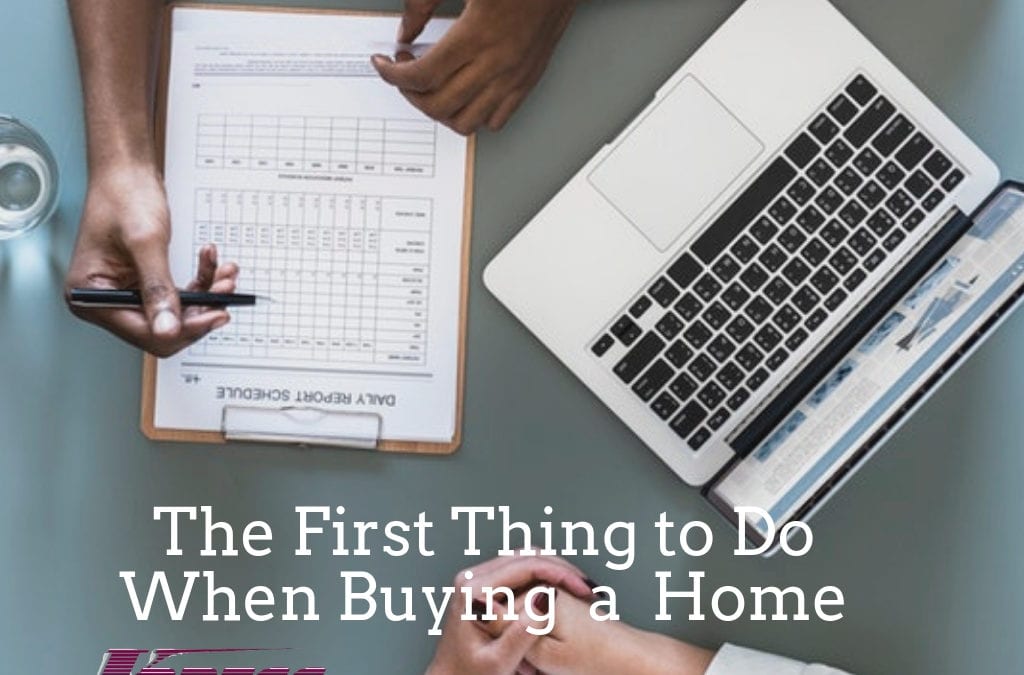We can write for days on the differences in home loans, options, rates, and points but if you have no idea where to start, all of this information can go right over your head.
We want to make home buying and the application process easy and very clear. So, what is the first thing you should do if you’re planning on buying a house?
Well, if you’re like most people, the first thing you do is look at homes. But that’s not necessarily the first thing you should do. The problem with this strategy is that you’re likely to find a home that you don’t know for certain you can afford. It’s fun to look at homes and daydream, but there’s nothing more disappointing and frustrating than finding a home you have fallen in love with only to determine that the price is way out of your budget. Sure, you can look up some qualification websites and get a good idea of how much you can afford, but without a lender going through every detail of your assets and liabilities, it can be unclear of exactly how much a lender will loan you.
That’s why one of the very first things you should do is have a good understanding of your own finances. I’m not talking about just knowing how much money you have in the bank, but understanding what creditors will look for when viewing your credit and payment history. Get a copy of your credit report and score from one of the three major credit reporting agencies or even any of the free businesses online. Experian, Equifax, and Trans Union are three of the credit reporting agencies and even those free credit report.com websites will pull their information from one of these three sources.
Get a copy and go through it with a fine tooth comb. Correct any mistakes you might find and make sure that you agree with everything on it. Now, that doesn’t mean you have to like everything on it, but if there’s something that doesn’t look that great, now is a good time to rectify it.
Perhaps you forgot that you still had credit lines open at department stores or home equity lines of credit or car loans. I’m not saying to close those accounts though. This shows you have open and available credit, increasing your credit score and lowering your amount of risk. If you only have one credit card that you use and it’s the only credit card or debt on your statement, and you’ve maxed it out, it will look like your debt to credit availability is extremely low. However, if you have five credit cards, four of which have nothing on them, you now have a higher credit then debt, making your score increase and your risk goes down.
Read More: What if you’re turned down for a mortgage?
If there are any discrepancies on your credit report, correct them before applying for a home loan. This could be a mistake in an address, misidentification, or credit that was sent to collections by mistake. If you cannot legally rectify the error or mistake, write a letter explaining the situation.
When you have a credit score anywhere from 600 to 800, you can usually get an approval for a home loan. The higher the credit score, the better the rates and terms you’re likely to get.
5 Ways to increase your credit score
So, very first thing is to know your finances. Get a copy of your credit report. Correct any errors and bring your credit score up as high as you can get it. This means paying all bills on time and paying down any loans. Even paying utilities and medical bills on time and in full can help boost your credit score.
AT ANY TIME – Give us a call! We can help point you in the right direction and give you some suggestions to improve your score or determine how much home you can buy both now and in the future with some financial management.

